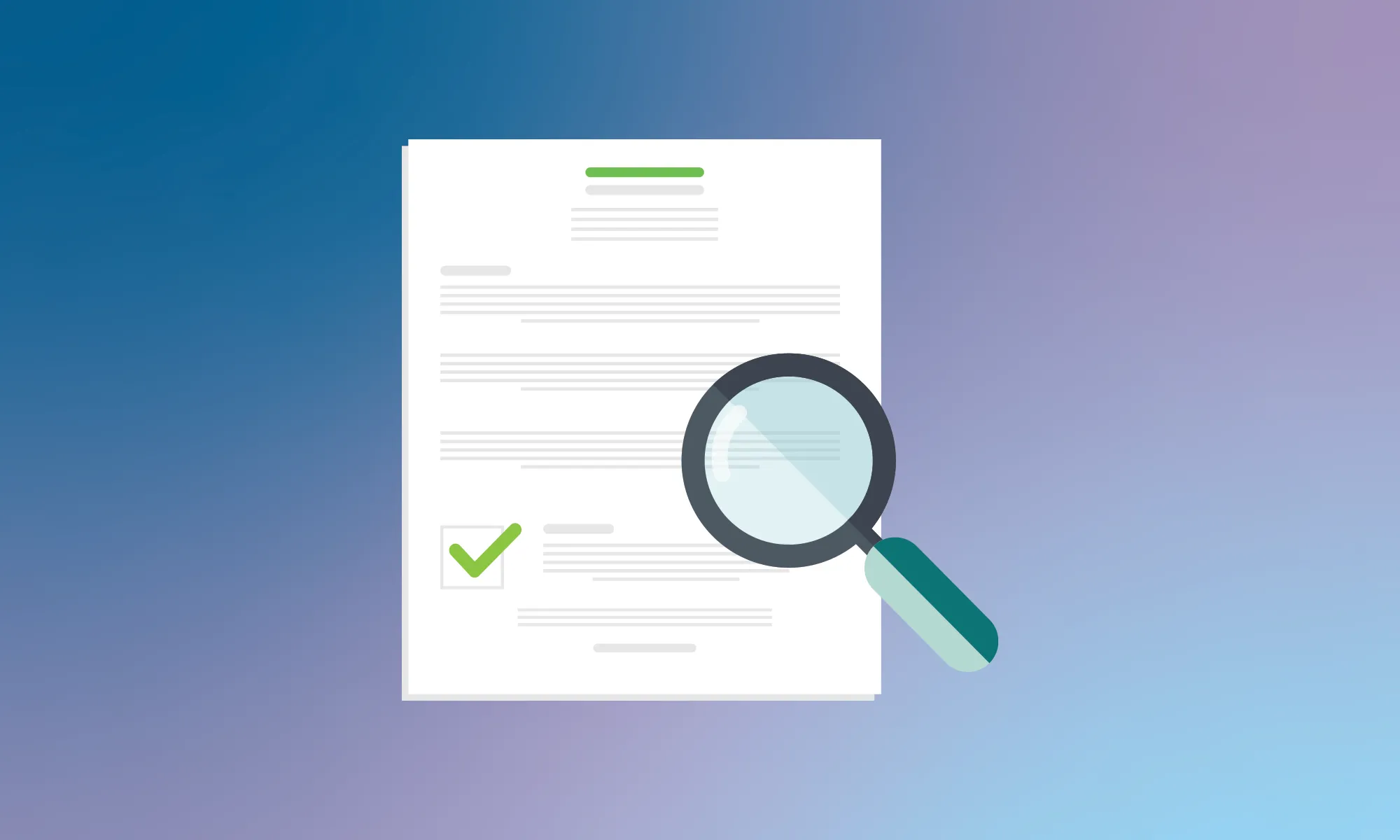Argentina VAT Guide for International Businesses
Summary
Standard VAT Rate
21%
Digital Reporting Requirements / E-invoicing
Yes
Sales Tax on Cross-Border Electronically Supplied Services
Yes
Tax Authority Website
Federal Revenue Administration (Administracion Federal De Ingresos Publicos)
VAT Rates in Argentina
The standard VAT rate in Argentina is 21%, with some services exempt from VAT, such as educational, religious, and health services.
VAT Registration Thresholds in Argentina
There is no registration threshold in Argentina. You must register if you habitually or incidentally sell movable property, provide services, or import goods.
Individual taxable persons have the option of registering under the simplified regime, “Monotributo,” if their annual turnover does not exceed ARS 11,379,612.01 and their annual taxable turnover from supplies of services does not exceed ARS 7,996,484.12. This regime covers VAT, income tax, and social security by requiring taxpayers to pay a monthly fixed amount.
If a taxpayer is not domiciled or incorporated in Argentina, they should register as long as they have a physical presence (i.e., permanent establishment) in the country. There is no registration threshold for this requirement.
Argentinian VAT Number Format
Once registered, both individuals and companies receive a CUIT (TIN) number. This number is made up of two identification digits - eight digits - and a validation digit (xx-yyyyyyyy-z).
- For individuals
- Format:
- The two identification numbers are as follows: 20 men, 27 women, 23, 24, 25, or 26 can be used for subsidiary purposes for both men and women.
- The next eight digits make up the individual tax number.
- The last validation digit is calculated using the modulo 11 algorithm.
- Format:
- For businesses
- Format:
- The two identification numbers are as follows: 30 companies, 33 or 34 can be used for subsidiary purposes.
- The next eight digits are randomly assigned.
- The last validation digit is calculated using the modulo 11 algorithm.
- Format:
VAT on Digital Services in Argentina
Argentina introduced special VAT rules for digital services provided by non-residents in 2017. Under the digital service rules in Argentina, VAT is not collected and remitted by the supplier; instead, VAT is handled by an intermediary agent assigned by the Tax Authorities. If the payment is made by credit card or financial institution, they should act as withholding agents and remit the VAT amount to the tax authority. Otherwise, the Argentine recipient should pay the VAT to the tax authority (self-assessment).
As of September 1, 2024, the VAT withholding regime is not applicable to payments made through electronic systems.
VAT Rate: 21% VAT applied to the sale of affected digital services
Taxable digital services in Argentina: A digital service is taxable in Argentina if it is supplied by a non-resident and used or effectively produces effects within Argentina.
The Argentinean law gives an exemplary list of what is considered a digital service:
- The provision and hosting of computer sites and web pages, as well as any other service that offers or facilitates the presence of companies or individuals on an electronic network.
- The supply of digitized products in general, including, but not limited to, software, its modifications, and updates, as well as access to and downloading of digital books, designs, components, models, etc., reports, financial analyses, or market data and guides.
- Automated remote maintenance of software and hardware.
- Remote system administration and online technical support.
- Web services, including but not limited to data storage with remote or online access, in-memory services and online advertising.
- Software services, including, but not limited to, software services delivered over the Internet ("Software as a Service" or "SaaS") through cloud-based downloads.
- Accessing and downloading images, text, information, video, music, and games, including games of chance.
- The provision of databases and any services automatically generated by a computer via the Internet or an electronic network in response to specific data input by the customer.
- The services of online clubs or dating websites.
- The services of blogs, magazines, or online newspapers.
- The provision of internet services.
- The provision of distance learning or tests or exercises administered or corrected by automated means.
- The granting, for consideration, of the right to market a good or service on a website operating as an online marketplace, including online auction services.
- Data manipulation and data processing over the Internet or other electronic networks.
Will your business need to pay VAT on digital services in Argentina in 2024?
Learn More About VAT on Digital Services in Argentina
Marketplace & Platform Operator Rules in Argentina
Argentina does not have specific VAT rules for marketplaces or platform operators.
Invoice Requirements in Argentina
The following details should be displayed on invoices in Argentina:
Document & general transaction information
- Consecutive and progressive invoice numbering
- Date of start of activities
- Authorization code (CAE)
- Invoice type by adding letters A, B, C, and E as appropriate
- Document type identification number
- Issuance date
Supplier information
- Details of the issuer, such as full name or company name, commercial address, CUIT, and Turnover tax number (Ingresos Brutos, which is a state tax), and mention that it is registered for VAT
Customer information
- If the recipient is another taxpayer registered for VAT, an exempt entity, a person registered for the simplified scheme (”Monotributo”), or a customer in a transaction exceeding ARS 30,767 and not paid by electronic means, the full name or company name, address, CUIT and an indication of the above status must be provided
Financial transaction information
- Description of the goods or services sold
- Quantity of the goods sold, if any
- Unit and total prices
- If the recipient is registered for VAT or under the simplified scheme, the VAT rate, the VAT amount, and the total amount
- If the recipient is an exempt person, a non-taxable person or a consumer, the amounts must not be discriminated. The total amount must therefore be shown.
Additional information that may be required
- Exchange rate if payment is made in a foreign currency
E-Invoicing & Digital Reporting for Argentina
Argentina launched e-invoicing and e-reporting in 2009. Since then, it has become mandatory for an increasing number of taxpayers. From April 1, 2019, all taxpayers registered for VAT, the simplified regime and exempt entities should issue an e-invoice for any type of transaction and request the authorization code detailed below.
An authorization code (CAE) must be obtained from the tax authority before the invoice can be sent to the buyer. It can be obtained manually through the AFIP website or through Fonoa's API connection.
Learn more about E-Invoicing in Argentina
Governmental Body Responsible for E-invoicing and Digital Reporting in Argentina
AFIP is the governmental body responsible for invoicing in Argentina.
VAT Payments and Returns in Argentina
Full VAT Returns
Penalties in case of late filings or misdeclarations
In the case of the late filing of VAT returns and payments, the Argentina Tax Authority should likely enforce the following penalties:
- Late payment: penalty ranges from 1 to 3 times the amount due.
- Late filing: penalty amounts to ARS 200 per return for individuals and ARS 400 per return for companies.
Disclaimer on Tax Advice
Fonoa does not provide professional tax opinions or tax management advice specific to the facts and circumstances of your business and that your use of the Specification, Site, and In addition, due to rapidly changing tax rates and regulations that require interpretation by your qualified tax professionals, you bear full responsibility to determine the applicability of the output generated by the Specification and Services and to confirm its accuracy. No professional tax opinion and advice. Fonoa does not provide professional tax opinions or tax management advice specific to the facts and circumstances of your business and that your use of the Specification, Site, and In addition, due to rapidly changing tax rates and regulations that require interpretation by your qualified tax professionals, you bear full responsibility to determine the applicability of the output generated by the Specification and Services and to confirm its accuracy.










